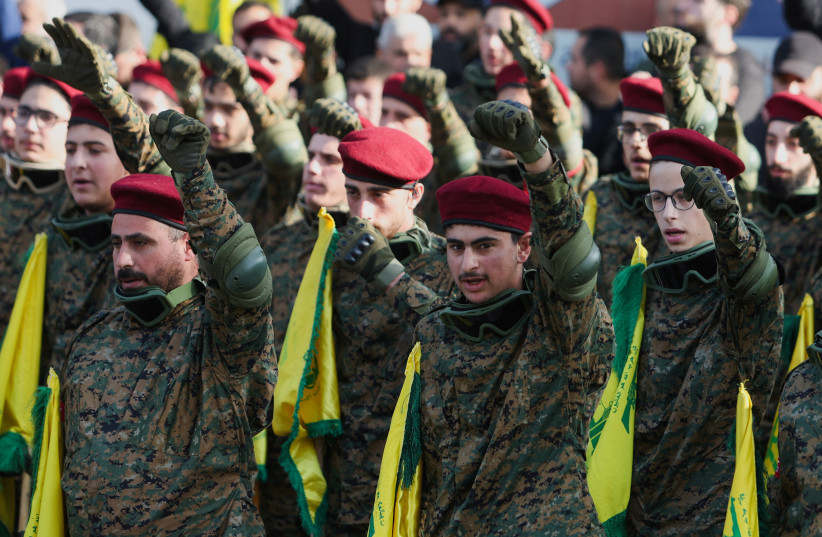"A war with Hezbollah means heavy rockets over Tel Aviv, and even further south," said Yossi Yehoshua, the military reporter for Ynet, on Sunday, in an interview on 104.5FM, when discussing the possibility of increasing IDF presence in the North as a response to the ramping aggression from the terror organization.
In the interview, he discussed the dilemma of potential consequences that can happen as a result of mobilizing more troops.
"On the one hand, it increases readiness, while on the other hand, it creates panic. We need to understand that a war against Hezbollah means rockets and heavy missiles on Tel Aviv and even further south," he said.
Yehoshua then discussed how panic from increased presence gets spun by Lebanese media. "For example, last weekend, we saw publications in Lebanon about Israel going to war any second now. Of course, these announcements were fake. They planned these announcements in advance; it wasn't something that was leaked to the media."
He also claimed that "the fear is that when you make a change in the level of readiness, the other side will also change its level of readiness and vigilance," meaning increasing readiness in the north could provoke Hezbollah into mobilizing more forces as well.

He then said that the issue of security in the North is something that needs to be considered all the time and not just when there is a threat of imminent war.
Northern security needs to be addressed all the time
"I think it right to think about the issue of the threat from the north starting from the last decade, not just from right now," he said. "If they talked about the threats apart from when weighing to increase readiness, then I think the defense of the north would not have been so lacking"
He claimed that if the potential threat of Hezbollah were considered during times of quiet rather than when it became a ramping threat, the current situation would be handled differently. "People would be more prepared and understand what they have in their shelters and what they're missing. However, they weren't because, over the years, the government decided not to cause public panic."
